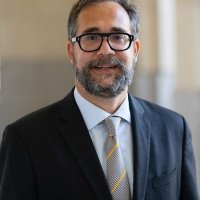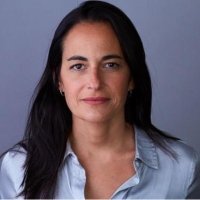Maduro’s Authoritarian Gambit and Economic Crisis: Whither Venezuela?
Facing an economy in freefall and a global pandemic straining Venezuela’s already-collapsed public health system, Nicolás Maduro has moved to tighten his authoritarian grip. In mid-June, the government-allied Supreme Court replaced the members of the National Electoral Council (CNE), stacking it with regime supporters. The Court then replaced the leadership of three opposition political parties, substituting individuals more closely aligned with government. Both of these measures were implemented in advance of legislative elections scheduled for December. At stake is the composition of the National Assembly, from which interim president Juan Guaidó draws his legitimacy.
Meanwhile, Venezuela’s economic and humanitarian crisis grows in severity. A survey of Venezuelan households by the Simón Bolívar Catholic University (UCAB) found that over 96 percent of the population live in poverty, with almost 80 percent in extreme poverty. Hyperinflation, a decline in remittances, and food shortages made worse by an acute shortage of gasoline make daily life a struggle for survival for most Venezuelans, over 5 million of whom have left the country.
Speakers

Professor of Political Science, Instituto de Estudios Superiores de Administración (IESA) Business and Public Policy School, Venezuela



Moderator

Hosted By

Latin America Program
The Wilson Center’s prestigious Latin America Program provides non-partisan expertise to a broad community of decision makers in the United States and Latin America on critical policy issues facing the Hemisphere. The Program provides insightful and actionable research for policymakers, private sector leaders, journalists, and public intellectuals in the United States and Latin America. To bridge the gap between scholarship and policy action, it fosters new inquiry, sponsors high-level public and private meetings among multiple stakeholders, and explores policy options to improve outcomes for citizens throughout the Americas. Drawing on the Wilson Center’s strength as the nation’s key non-partisan policy forum, the Program serves as a trusted source of analysis and a vital point of contact between the worlds of scholarship and action. Read more
